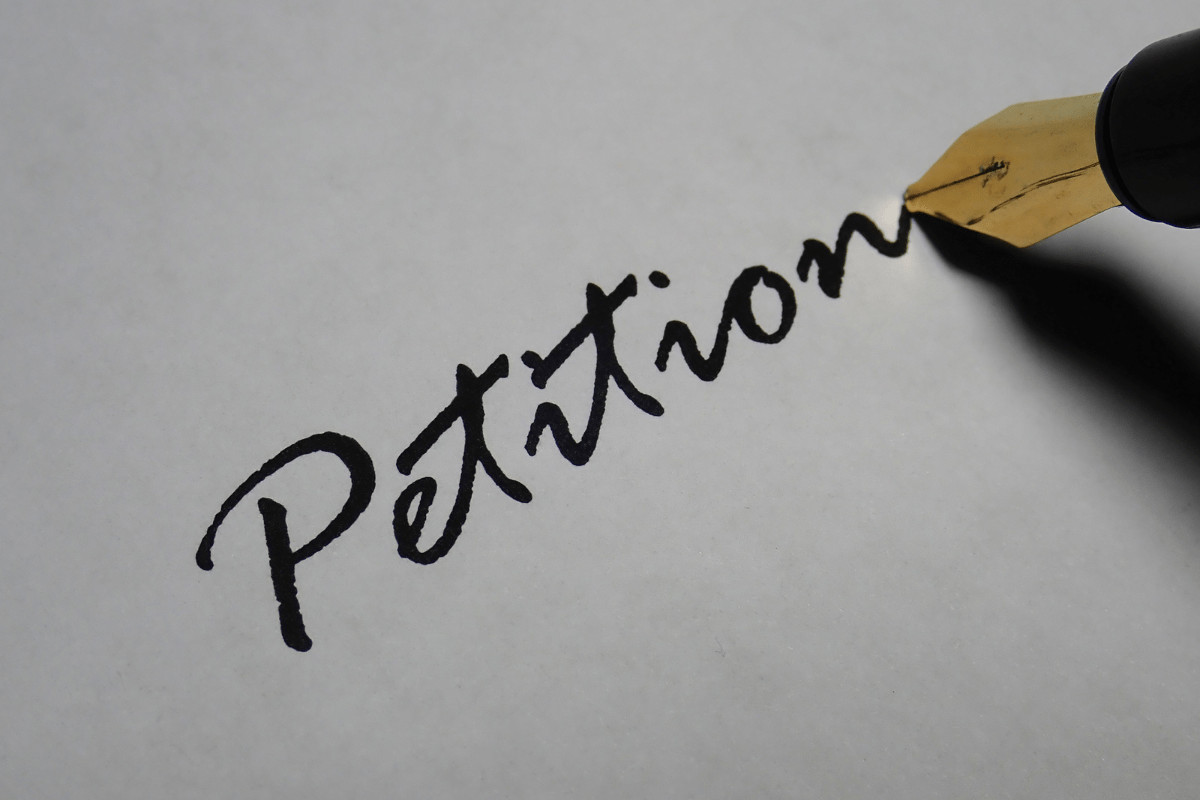Introduction: Learn about the qualifications and essential checklist for filing a successful VAWA (Violence Against Women’s Act) petition. Ruma Law NY offers expert guidance for your VAWA case. Discover the eligibility criteria, required evidence, and crucial steps to maximize your chances of success.
Qualifications for VAWA: To determine if you qualify for VAWA, consider the following criteria:
- Abuse from a U.S. citizen or lawful permanent resident spouse or former spouse.
- Victim of abuse as a child or step-child (21 years old or younger).
- Proof of a “bona fide marriage” or marriage of good faith.
- Parent of a U.S. citizen (21 years old or older) and a victim of abuse.
- Current or past cohabitation with the abusive spouse.
- Demonstrating good moral character.
VAWA Checklist for a Successful Petition:
- Prove the abuser’s U.S. citizenship or green card status:
- Utilize public records, voting records, and the Freedom of Information Act.
- Provide USCIS with relevant information, such as social security number, passport, birth certificate, or marriage certificate.
- Establish proof of cohabitation with the abuser:
- Gather compelling evidence, including affidavits from a landlord or trusted individuals.
- Utility bills, lease agreements, or mortgage documents with both names serve as strong supporting evidence.
- Recent changes in residency requirements provide flexibility in demonstrating cohabitation.
- Present evidence of a qualifying relationship:
- Submit vital documents such as marriage certificates, birth certificates, or divorce decrees to establish the relationship with the abuser.
- Demonstrate a genuine “bona fide marriage”:
- Provide a wide range of evidence showcasing the authenticity of the marriage.
- Joint bank accounts, jointly owned property (mortgage or lease), life insurance beneficiaries, health and car insurance, joint tax filings, photos, and social media activity can all strengthen your case.
- Proof of good moral character:
- Obtain an FBI report confirming a clean arrest record.
- Solicit character reference letters from members of your community to support your moral character.
- Craft a compelling declaration/statement:
- Write a detailed and compelling account of your story, highlighting the key aspects of your relationship, changes, and the types of abuse endured.
- Include supporting evidence such as temporary restraining orders, police reports, hospital records, psychologist diagnoses, or affidavits from religious institutions.
- Ruma Law NY can guide you in drafting a powerful declaration for your VAWA petition.
Conclusion: Ruma Law NY specializes in VAWA cases and provides expert guidance throughout the process. By meeting the eligibility criteria and providing compelling evidence, you can enhance your chances of a successful outcome. Call (718) 427-1233 today for personalized assistance with your VAWA petition. Protect yourself and seek the legal remedies available under VAWA.


